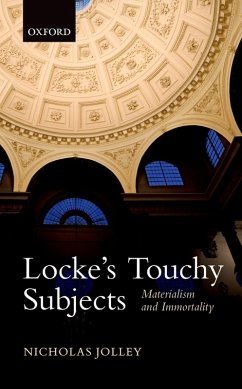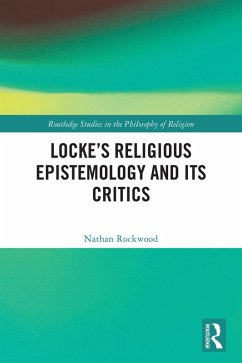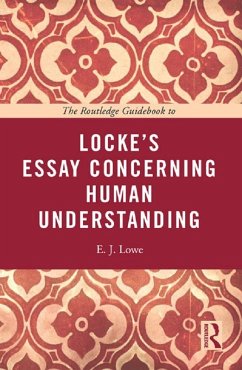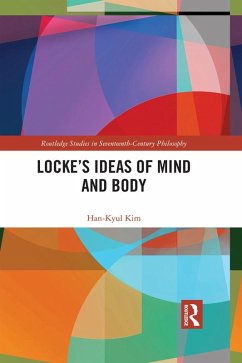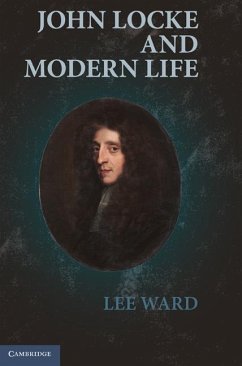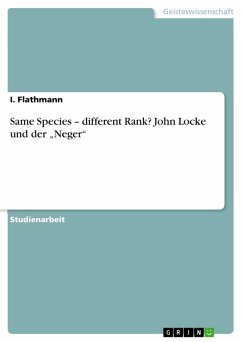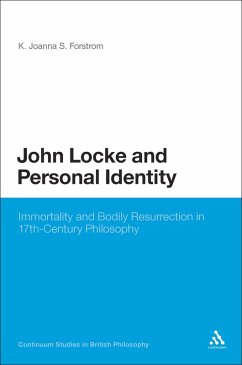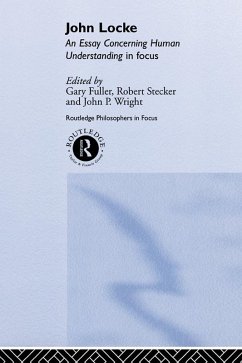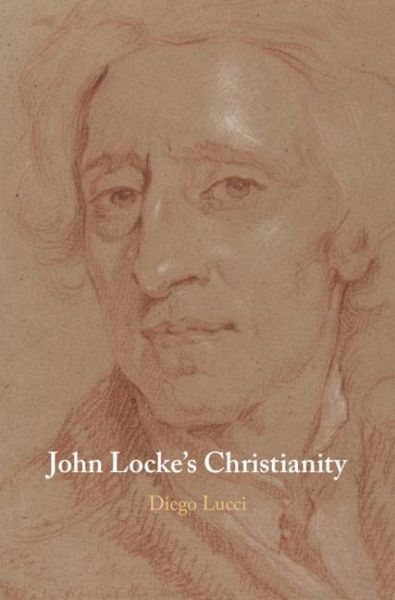
John Locke's Christianity (eBook, ePUB)
Versandkostenfrei!
Sofort per Download lieferbar
55,95 €
inkl. MwSt.
Weitere Ausgaben:

PAYBACK Punkte
28 °P sammeln!
John Locke's religious interests and concerns permeate his philosophical production and are best expressed in his later writings on religion, which represent the culmination of his studies. In this volume, Diego Lucci offers a thorough analysis and reassessment of Locke's unique, heterodox, internally coherent version of Protestant Christianity, which emerges from The Reasonableness of Christianity and other public as well as private texts. In order to clarify Locke's views on morality, salvation, and the afterlife, Lucci critically examines Locke's theistic ethics, biblical hermeneutics, refl...
John Locke's religious interests and concerns permeate his philosophical production and are best expressed in his later writings on religion, which represent the culmination of his studies. In this volume, Diego Lucci offers a thorough analysis and reassessment of Locke's unique, heterodox, internally coherent version of Protestant Christianity, which emerges from The Reasonableness of Christianity and other public as well as private texts. In order to clarify Locke's views on morality, salvation, and the afterlife, Lucci critically examines Locke's theistic ethics, biblical hermeneutics, reflection on natural and revealed law, mortalism, theory of personal identity, Christology, and tolerationism. While emphasizing the originality of Locke's scripture-based religion, this book calls attention to his influences and explores the reception of his unorthodox theological ideas. Moreover, the book highlights the impact of Locke's natural and biblical theology on other areas of his thought, thus enabling a better understanding of the unity of his work.
Dieser Download kann aus rechtlichen Gründen nur mit Rechnungsadresse in A, B, BG, CY, CZ, D, DK, EW, E, FIN, F, GR, HR, H, IRL, I, LT, L, LR, M, NL, PL, P, R, S, SLO, SK ausgeliefert werden.




